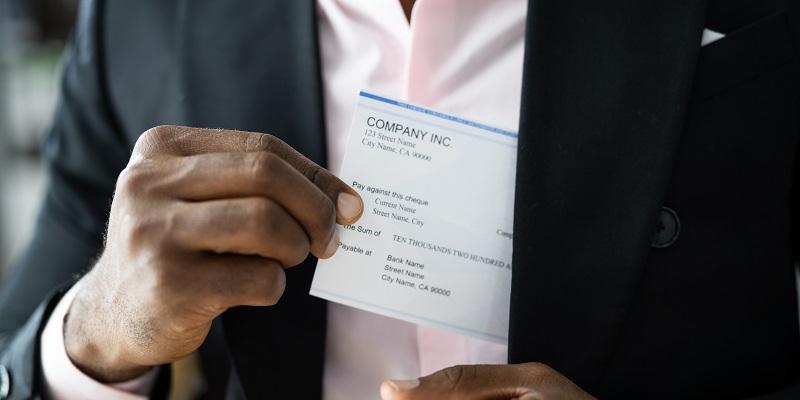Paycheck records are an essential aspect of managing employee compensation in any business. These records help employers keep track of wages, benefits, overtime, and other financial aspects related to employees. In addition, it is essential to maintain these records for legal compliance. This article will discuss the importance of retaining information on employee compensation, the definition and purpose of paycheck records, the requirements set by the Fair Labor Standards Act (FLSA), maintaining records required by the IRS, and the importance of secure record storage.
Importance of Retaining Information on Employee Compensation
Retaining information on employee compensation is not only a good business practice; it is also sometimes required by law. It is important to maintain these records to ensure that employees are paid correctly and on time. In addition, these records help avoid disputes and misunderstandings regarding employee compensation.
The definition and purpose of paycheck records are to document employee compensation, which includes wages, timecards, time schedules, time off, bonuses, benefit payments, and other related details. Employers are required to retain these records for each nonexempt employee to ensure fair payment and provide documentation in case of disputes. Paycheck records should contain employee information like social security numbers, pay rates, and payroll deductions.
When hiring someone to take care of payroll, it is crucial to hire an experienced and knowledgeable person, team, or service. Payroll is an essential aspect of any business, and mistakes can be costly. An experienced payroll professional can guarantee that all legal requirements are met and that employees are paid correctly and on time.
The following are the requirements set by the Fair Labor Standards Act (FLSA) as per the U.S. Department of Labor
Covered employers must maintain the following records for each non-exempt worker:
• The employee’s identifying information: full name, Social Security number, address (including ZIP code), birthdate (if younger than 19 years old), sex, and occupation.
• Hours worked each day and workweek.
• Total hours worked each workweek.
• Regular hourly rate of pay.
• Total daily or weekly straight-time earnings.
• Overtime earnings.
• Deductions made from wages.
• Total wages paid each pay period.
• Date of payment and pay period covered.
Employee Identifying Information Required by FLSA
It is essential to retain employee information required by the FLSA to comply with labor and employment laws. This information includes the full name, Social Security number, address, birth date, sex, and occupation. Employers should ensure that this information is accurate and up-to-date.
Record Maintenance Required by the IRS
The IRS requires employers to maintain records for all employees for at least four years after filing the fourth quarter for the year. These records should include employee information, such as Social Security numbers, pay rates, and any payroll deductions. In addition, employers must keep track of taxes paid and any garnishments or levies.
Importance of Secure Record Storage
Regardless of preference, every business owner or HR team should have a secure and organized way of storing records. These records should be kept in a location that is only accessible to essential personnel and should be password-protected. Sensitive information, such as social security numbers, should be stored separately to avoid unauthorized access.
To comply with labor and employment laws, employers should always keep employee records private and confidential. Employers should never discuss an individual employee’s records with anyone who does not have a legitimate reason to know. In addition, access to these documents should be limited to authorized individuals who need access to perform their official duties.
Limiting Access to Employee Records
Employers should limit access to paycheck records to only those individuals who need to access them. These individuals should be trained on the importance of maintaining confidentiality and the consequences of unauthorized access. Limiting access helps to ensure that records remain secure and confidential.
California law states that under Labor Code Section 226(b), employers are required to provide current and former employees with their payroll records upon request and may face penalties for noncompliance. It is essential for employers to maintain proper records as mandated by the law and provide them to their employees as required.
In conclusion, employee payroll records are essential for any business that wants to stay legally compliant and keep its employees paid correctly and on time. Employers should ensure that they retain all necessary employee information required by law, and that records are maintained securely. Hiring an experienced payroll professional can help businesses ensure that their payroll is managed correctly and efficiently.

